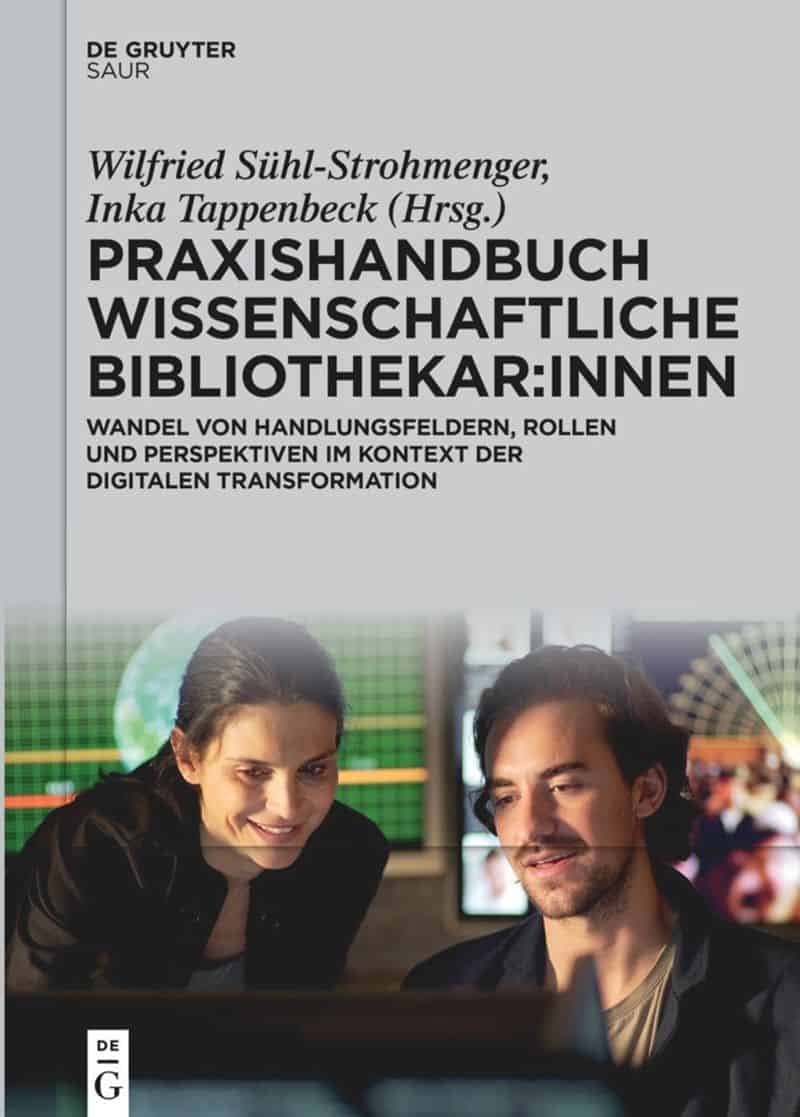The Evolving Role of the Academic Librarian – From Traditional to Digital
By embracing new mindsets and roles, academic librarians are dispelling the long-outdated image of bookworms surrounded by dusty shelves. Not only have they adapted to the digital transformation: they are actively driving it.
This post is part of a series that provides think pieces and resources for academic librarians.
Few professions have changed as much through digitisation as that of the academic librarian: well into the 20th century, the stereotype of the bookworm, modelled on Spitzweg’s painting of the same name, dominated public perceptions of the profession. By the same token, when the internet established itself as a mass medium about 25 years ago, many predicted the end of libraries, seeing them as nothing more than physical repositories of information.

Today we know that digitisation has not superseded libraries or put librarians out of work. On the contrary, digitisation has set in motion a profound transformation process in which libraries have not simply adapted but reinvented themselves: Public libraries have embraced technologies such as 3D printers, virtual reality (VR) glasses and gaming tools, while academic libraries operate repositories of digital publications and research data, and offer consultations to their users in the form of video meetings or chat.
But it doesn’t end there.
Academic librarians have utilized digitisation to automate certain work processes, employing technologies such as RFID (Radio Frequency Identification) for inventory management or automatic indexing of media and documents. Furthermore, they have fostered new forms of communication with their users by creating digital reference networks in which numerous libraries pool their expertise to provide the best possible service.
“Driven by the digital transformation, academic librarians have cultivated new attitudes and approaches to professional challenges.”
Driven by the digital transformation, academic librarians have cultivated new attitudes and approaches to professional challenges. For example, some are very active in the Open Access movement, while others contribute to digitizing cultural assets and presenting them to the public through engaging digital exhibitions and editions, making rich cultural content easily accessible to all.
A Plethora of New Roles
In response to these new tasks, academic librarians have developed a variety of new professional functions and roles: Liaison and embedded librarians work closely with researchers and educators, providing support in their respective fields. Data librarians specialize in assisting academics with research data management. Teaching librarians develop digital and hybrid learning opportunities for different subjects and audiences. Digital humanities librarians contribute as research partners in the humanities. Technical processing librarians use innovative tools such as AI to optimize data processing workflows, ensuring efficient and accurate data management.
“The evolving roles of librarians reflect the dynamic nature of their profession.”
Addtionally, publication librarians support researchers in optimising their publication profile and help them with publishing and copyright issues, especially in the field of Open Access. As specialists for rare books and special collections, they manage valuable historical media holdings, take responsibility for their digital long-term archiving and integrate them into socio-cultural contexts.
Lastly, contemporary acquisitions librarians use a range of new tools to make media acquisitions more user-oriented, for example in the form of patron-driven acquisition. As library researchers they use digital tools to study user behaviour and user experience, to conduct bibliometrical and scientometrical analyses and to examine the changing challenges of their profession. Also, they work as community builders in the academic field, building connections between people, processes and institutions.
The evolving roles of librarians reflect the dynamic nature of their profession. Whether they will completely replace or co-exist with the traditional roles of academic librarians remains to be seen. But one thing is clear: the stereotypical image of the bookworm amidst dusty shelves is a relic of the past.
Check out this upcoming Open Access title from De Gruyter (German)
[Title image by ThisIsEngineering via Pexels]
